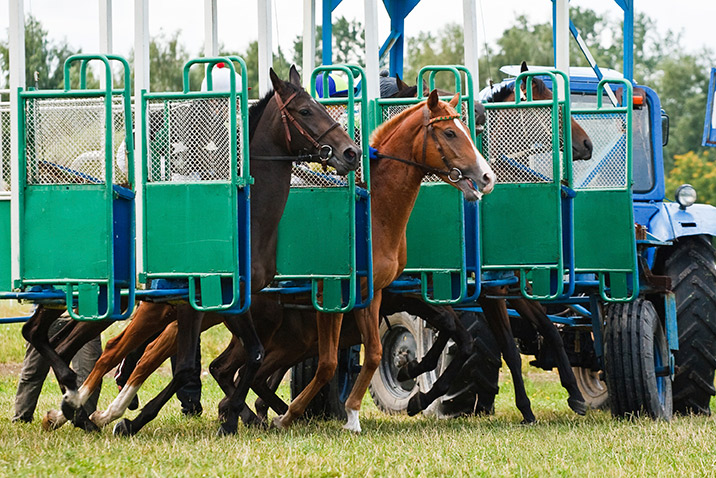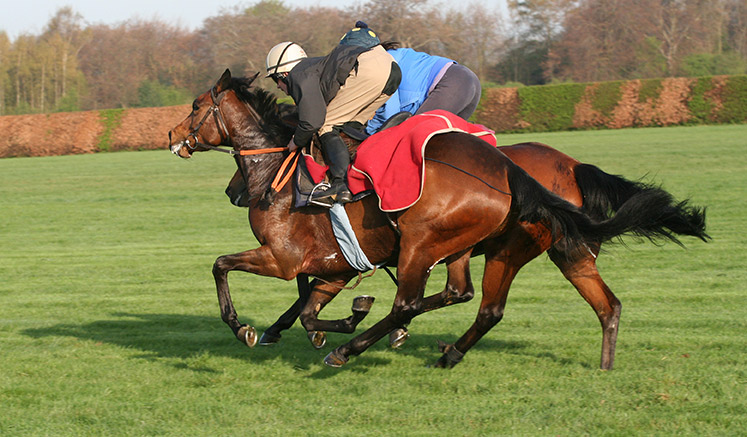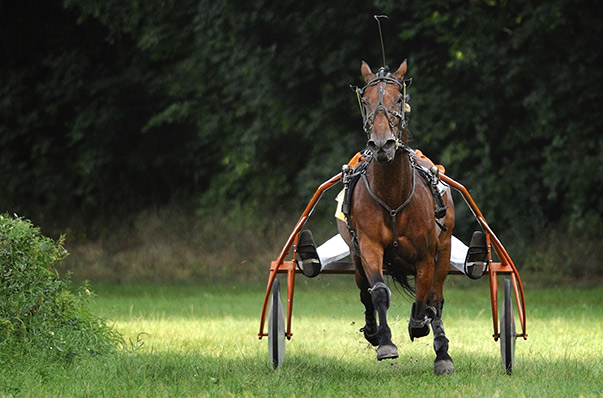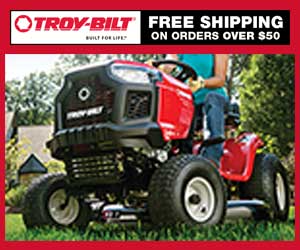
When selecting a trainer for your racehorse, it is important to consider the following factors:
- Experience: The trainer should have experience training racehorses of the same breed, age, and sex as your horse. The trainer should also have a good track record of success and be stabled or run where you'd like to see your horse run.
- Training methods: The trainer should use training methods that are humane and effective. The trainer should also be willing to work with you to develop a training plan that is tailored to your horse's individual needs.
- Communication skills: The trainer should be able to communicate effectively with you and explain their training methods in a way that you can understand.
- Personality: You should feel comfortable and confident in the trainer that you choose. The trainer should be someone that you can trust to look out for the best interests of your horse.
Here are some tips for finding a qualified trainer for your racehorse:
- Ask other racehorse owners, trainers, and jockeys for recommendations.
- Contact local racetracks and horse racing organizations to see if they have any recommendations.
- Visit the trainer's barn and meet their staff. This will give you a chance to see the trainer's facilities and to get a feel for their training philosophy.
- Talk to the trainer about their experience, training methods, and rates.
Once you have found a few potential trainers, be sure to schedule a meet-and-greet with them and your horse. This will give you a chance to see how the trainer interacts with your horse and to ask any additional questions that you may have.
It is important to choose a trainer who you feel comfortable with and who shares your training goals. By taking the time to research and interview potential trainers, you can choose the best person for the job of helping you and your racehorse reach your full potential.
Here are some additional tips for selecting a trainer for your racehorse:
- Consider your horse's individual needs. If your horse has any special needs, such as a medical condition or behavioral problem, make sure to choose a trainer who has experience working with horses with those specific needs.
- Set realistic goals. Don't expect your horse to be a Kentucky Derby champion overnight. Choose a trainer who will help you and your horse achieve your realistic goals.
- Be patient. Training a racehorse takes time and effort. Don't get discouraged if you don't see results immediately. Just keep working hard and be patient, and you will eventually reach your goals.
By following these tips, you can select a qualified and experienced trainer who will help you and your racehorse reach your full potential. Since the racing career is only a short time in a horse's life, ask the trainer about how their horses are rehomed after their racing career is over to ensure a long and healthy life for your horse. There are resources listed on EIE on the Retire and Rehoming pages.
Categories - click to view
Arabian Training Facilities
Racing Training Facilities - Arabian - Virginia
Thoroughbred Training Facilities - United States
Racing Training Facilities - Thoroughbred - California
Racing Training Facilities - Thoroughbred - Florida
- Bridlewood Farm, 8318 N.W. 90th Terrace, Ocala, FL 34482
- Clement Racing Stable, 9700 SW Kanner Highway, Indiantown, FL 34956
- Double Diamond Farm, 899 SW 85th Ave., Ocala, FL 34481
- Eisaman Equine Services, Inc., 15749 W. Highway 316, Williston, FL 32696
- New Episode Training Center, 2001 NW 110th Ave., Ocala, FL 34482
- Niall Brennan Stables, 7505 W Hwy 326 Ocala, FL 34482
- Ocala Jockey Club, 8720 West Highway 318, Reddick, FL 32686
- Ocala Stud, P.O. Box 818, Ocala, FL 34478
- Stonestreet Training Center, 2415 SE 145th St., Summerfield, FL 34491
- The Williston Mile, 12451 NE 20th St., Williston, FL 32696
- Woodside Ranch Thoroughbred Training Center, 12110 N.E. Hwy 315, Fort McCoy, FL 32134
Racing Training Facilities - Thoroughbred - Kentucky
Racing Training Facilities - Thoroughbred - Louisiana
Racing Training Facilities - Thoroughbred - Maryland
Racing Training Facilities - Thoroughbred - New York
Racing Training Facilities - Thoroughbred - Oklahoma
Racing Training Facilities - Thoroughbred - South Carolina
Racing Training Facilities - Thoroughbred - Texas
Racing Training Facilities - Thoroughbred - Virginia
Racing Training Facilities - Thoroughbred - Washington
Thoroughbred Training Facilities - International
Standardbred Training Facilities - United States
Racing Training Facilities - Standardbred - Maryland
Racing Training Facilities - Standardbred - New Jersey
Racing Training Facilities - Standardbred - New York
- Goshen Historic Track, Inc., 44 Park Place, Goshen, NY 10924
- Morrisville State College, P.O. Box 901, 80 Eaton Street, Morrisville, NY 13408
Racing Training Facilities - Standardbred - North Carolina

Standardbred Training Facilities - International
- Classy Lane Training Centre, 6923 Concession 1,, RR#2, Puslinch, ON N0B 2J0 CAN
- First Line Training Centre, 13730 First Line Nassagaweya, Milton, ON L0P 1J0 CAN
- Ideal Training Centre, 5222 Wellington Road 125, RR#3 Acton, ON L7J 2L9 CAN
- Stephensons Training Centre, 598 Middletown Road, Flamborough, ON L9H 5E2 CAN
Racing Trainers
Racing Trainers - United States
- Barclay Tagg - US
- Carlos F. Martin - US
- Christophe Clement - US
- Dale Romans - US
- Doug F. O'Neill - US
- Eddie Kenneally - US
- Elena A. Storlazzi - US
- Eoin G. Harty - US
- H. Graham Motion - US
- Janet Del Castillo - US
- Jeff Bonde - US
- Jena M. Antonucci - US
- Kenneth G. McPeek - US
- Mark E. Casse - US, CAN
- Michael Ann Ewing - US
- Michael E. Lauer - US
- Michael Stidham - US
- Michelle Nihei - US
- Nathan Barrow - US
- Owner View - General Information
- Peter Miller - US
- Todd Pletcher - US
Racing Trainers - International
- Aidan O'Brien - UK
- Alan Brown - UK
- Alex Dunn - UK
- Andrew Balding - UK
- Ann Duffield - UK
- Ben Case - UK
- Brian Ellison - UK
- Catherine Day Phillips - CAN
- Charlie Fellowes - UK
- Clive Cox - UK
- David Dennis - UK
- Denis Coakley - UK
- Ed de Giles - UK
- Ed Dunlop - UK
- Gai Waterhouse - AU
- George Baker - UK
- Harry Fry - UK
- Ian Black - CAN
- Ilka Gansera-Leveque - UK
- James Bethell - UK
- James Boyle - UK
- James Fanshawe - UK
- Jo Foster - UK
- John & Thady Gosden Racing - UK
- Karl Burke - UK
- Kevin Frost - UK
- Lee Freedman - AU
- Luca Cumani - UK
- Marco Botti - UK
- Mark Bradstock - UK
- Michael Bell - UK
- Michael Dods - UK
- Mick Easterby - UK
- Paul Cole - UK
- Paul Nicholls - UK
- Ralph Beckett - UK
- Richard Fahey - UK
- Richard Hannon - UK
- Richard Hughes - UK
- Robert Cowell - UK
- Robert Eddery - UK
- Ruth Carr - UK
- Sarah-Jayne Davies - UK
- Simon Dow - UK
- Simone Earle - UK
- Tim Easterby - UK
- Tom Clover - UK
- Tom Dascombe - UK
Racing Trainers Associations
































